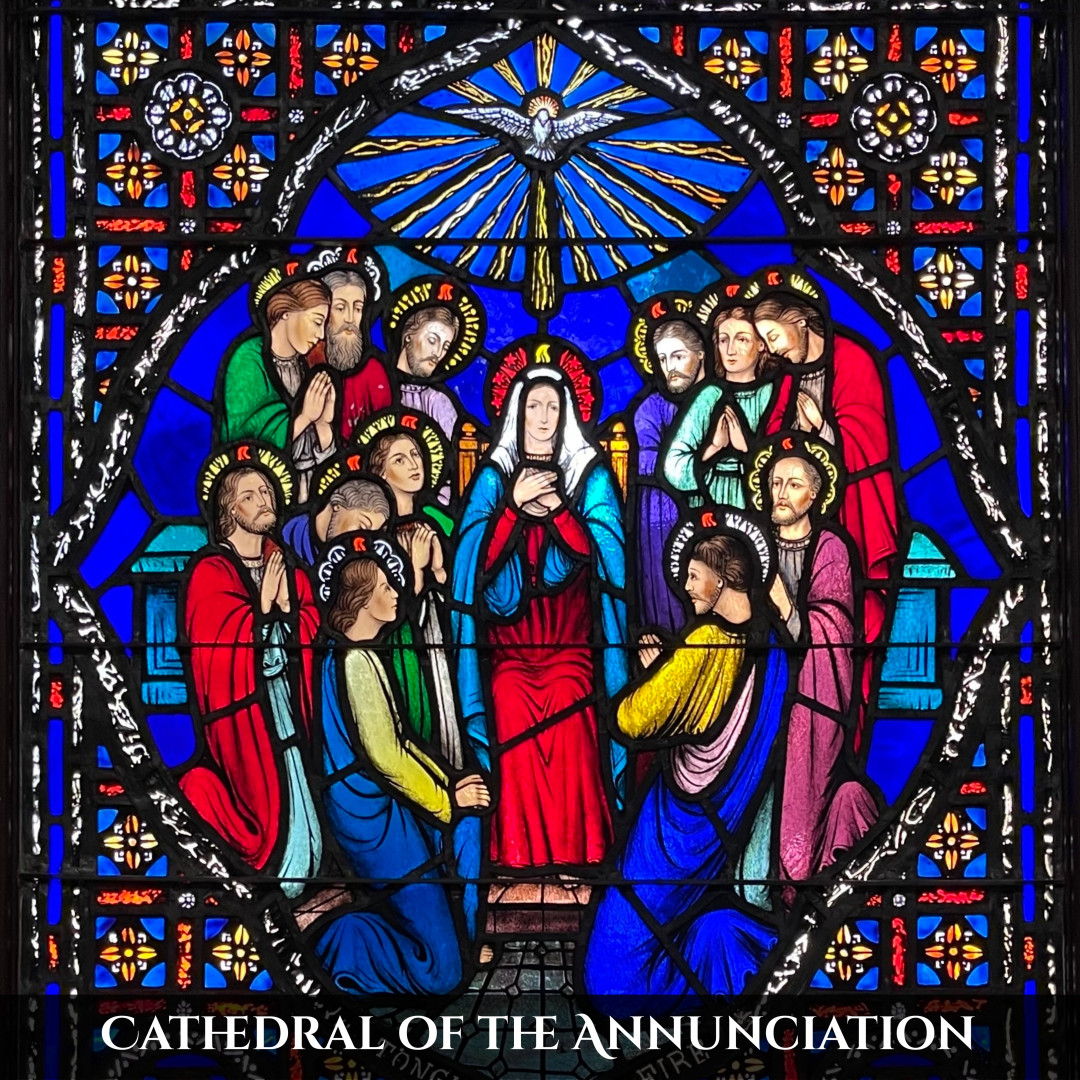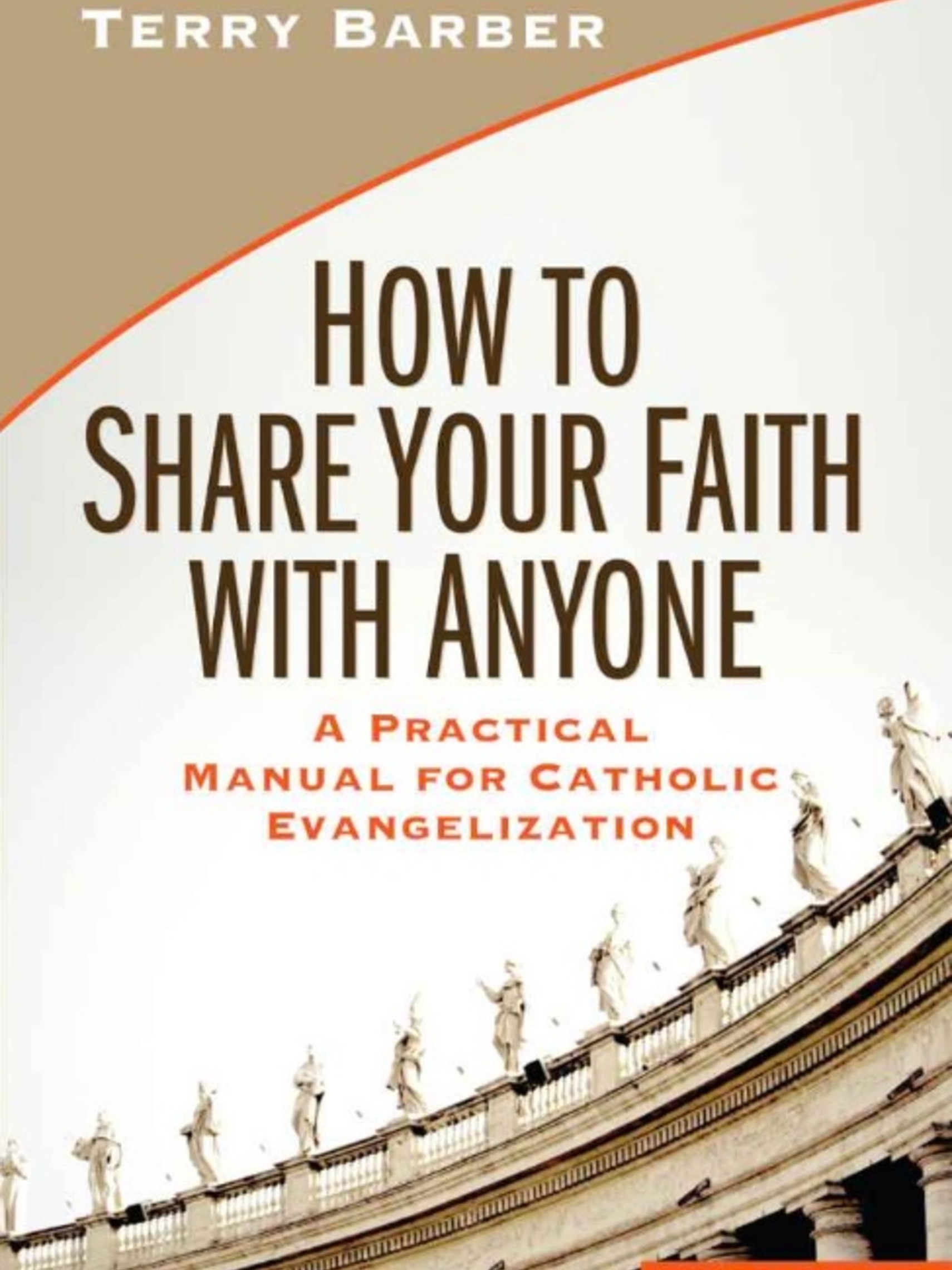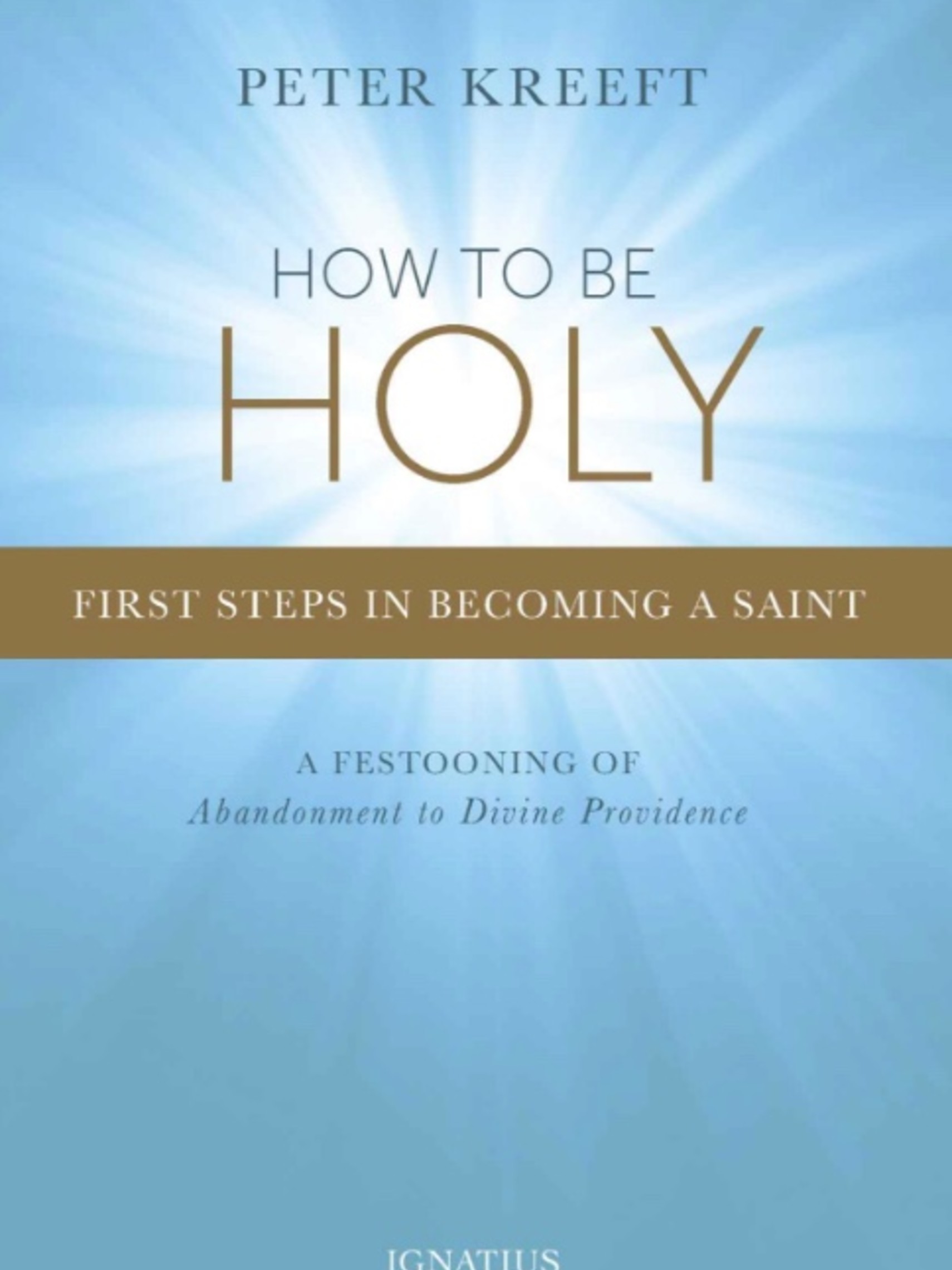Adult Confirmation Registrations
Have you considered as an Adult over the age of 18 years receiving the Sacraments of Confirmation and/or First Communion? Now is the opportunity!
Are you a practicing baptized Catholic adult who has not received the Sacrament of Confirmation and or First Communion?
The Cathedral of the Annunciation will offer a series of classes for adults (18+) who are interested in receiving these sacraments.
This course will be offered in English and in Spanish on Tuesday's from 6:30 to 8:30 p.m. in the School Building(1110 N. Lincoln St.), beginning February 3rd and ending April 21st.
His Excellency, Bishop Myron J. Cotta, will celebrate the Sacrament of confirmation on April 25, 2026.
*Important Marital Status note: If you are civilly married or living together and do not already have a set wedding date in the church within two months this program's completion, you do not qualify for this program.
Register below! Please call the Parish House Office if you have any questions: 209-463-1305.
Inscripciones de Confirmación de Adultos
¿Ha considerado como Adulto mayor de 18 años el recibir los Sacramentos de Confirmación y/o Primera Comunión? ¡Ahora es la oportunidad!
¿Es usted un adulto católico bautizado y practicante que no ha recibido el sacramento de la Confirmación y/o la Primera comunión?
La Catedral de la Anunciación ofrecerá una serie de clases para adultos (18+) que desean recibir estos sacramentos.
Este curso se ofrecerá en inglés y en español los martes de 6:30 a 8:30 p.m. en el edificio de la escuela (1110 N. Lincoln St.), comenzando el 3 de Febrero y terminando el 21 de Abril.
Su Excelencia Obispo Myron J. Cotta celebrara el Sacramento de la Confirmación el 25 de Abril del 2026.
*Tenga en cuenta: si está casado al civil o vive en union libre y aún no tiene una fecha de boda establecida en la iglesia dentro de los dos meses posteriores a la finalización de este programa, no califica para este programa.
¡Regístrese a continuación! Si tiene alguna pregunta, llame a la oficina parroquial al 209-463-1305.
Registrations open on Monday, January 12 ~ Las inscripciones se abren el lunes 12 de Enero
Adult Confirmation Registration ~ Inscripciones de Confirmacion para Adultos
Confirmation compliments baptism by sealing and strengthening the believer to live as a child of God, through the power of the Holy Spirit.
The ordinary minister of the sacrament is a bishop who - through the “laying on of hands” and “anointing with chrism oil” - invokes the presence of the Holy Spirit on the baptized person. In this powerful encounter with God, we experience again the grace of Pentecost when the Holy Spirit descended upon Mary and the Apostles!
This sacrament has two primary signs: the laying on of hands by the bishop and the anointing with perfumed oil called chrism. Since the earliest days of the Church, the apostles conferred this sacrament upon the newly baptized. For example:
Now when the apostles at Jerusalem heard that Samaria had received the word of God, they sent to them Peter and John, who came down and prayed for them that they might receive the Holy Spirit; for it had not yet fallen on any of them, but they had only been baptized... Acts 8:14-16
In the Early Church, we find witness of this sacrament, such as when Theophilus of Antioch (181 AD) wrote:
Are you unwilling to be anointed with the oil of God? It is on this account that we are called Christians: because we are anointed with the oil of God. To Autolycus
Another example is when Hippolytus (215 AD) wrote:
The bishop, imposing his hand on them, shall make an invocation, saying, ‘O Lord God, who made them worthy of the remission of sins through the Holy Spirit’s washing unto rebirth, send into them your grace so that they may serve you according to your will, for there is glory to you, to the Father and the Son with the Holy Spirit, in the holy Church, both now and through the ages of ages. Amen.’ Then, pouring the consecrated oil into his hand and imposing it on the head of the baptized, he shall say, ‘I anoint you with holy oil in the Lord, the Father Almighty, and Christ Jesus and the Holy Spirit.’ Signing them on the forehead, he shall kiss them and say, ‘The Lord be with you.’ He that has been signed shall say, ‘And with your spirit.’ Thus shall he do to each. The Apostolic Tradition
Over time, two traditions developed in the administration of Confirmation in the Catholic Church. In the Eastern Rites of the Catholic Church, the sacrament is given at the time of baptism whether one is child or adult... even to newborn infants! Often this is done by a priest using the oil consecrated by the bishop.
In the West, (in the Latin Rite of the Catholic Church), the sacrament is ordinarily administered by the Bishop sometime after the age of reason. When children are baptized as infants they receive confirmation at a later time. Adults who participate in the "Right of Christian Inititation of Adults" always receive confirmation immediately following baptism by their pastor. In the case of a baptism when one is in danger of death any priest has the authority to confer Confirmation following baptism provided that he has the proper oil of chrism available at the time of the baptism. This is the case with both adults and infants.
This sacrament provides an increase and deepening of the grace of Baptism which increase the gifts of the Holy Spirit received in Baptism.
The Catechism provides a clear list of these specific graces in #1303:
Confirmation…
- Roots us more deeply in the divine filiation which makes us cry, “Abba! Father!”
- Unites us more firmly to Christ
- Increases the gifts of the Holy Spirit in us
- Renders our bod with the Church more perfect
- Gives us the special strength of the Holy Spirit to spread and defend the faith by word and action as true witnesses of Christ, to confess the name of Christ boldly, and never to be ashamed of the Cross.





